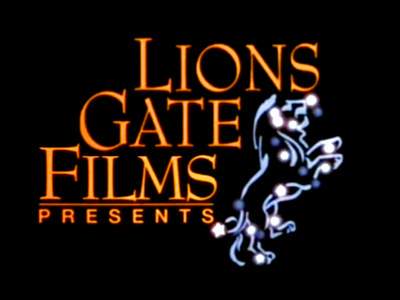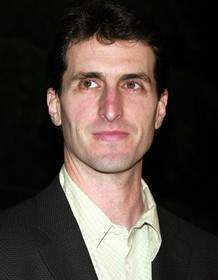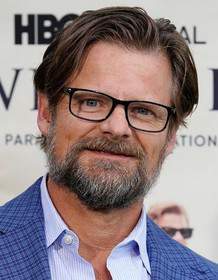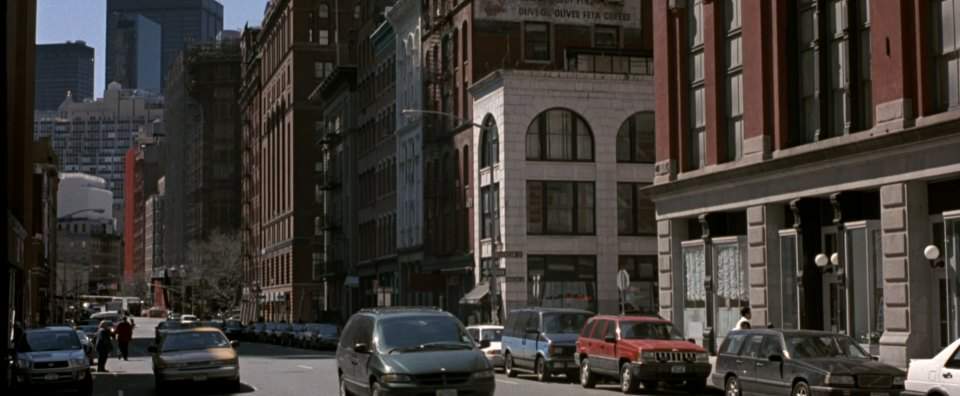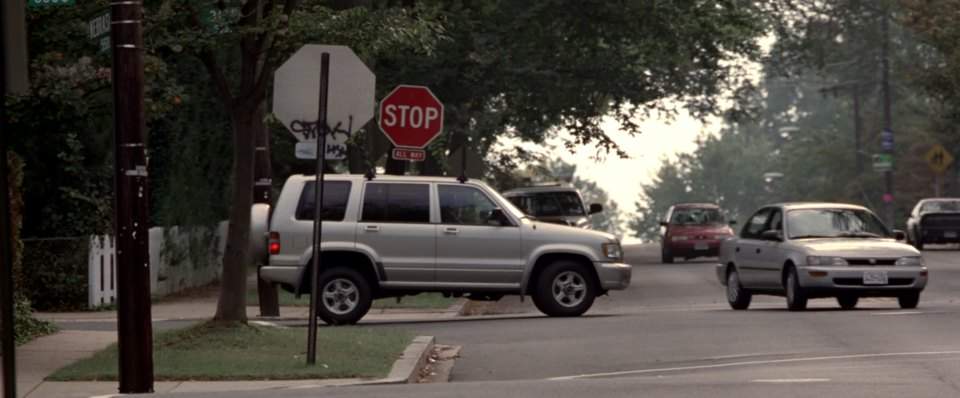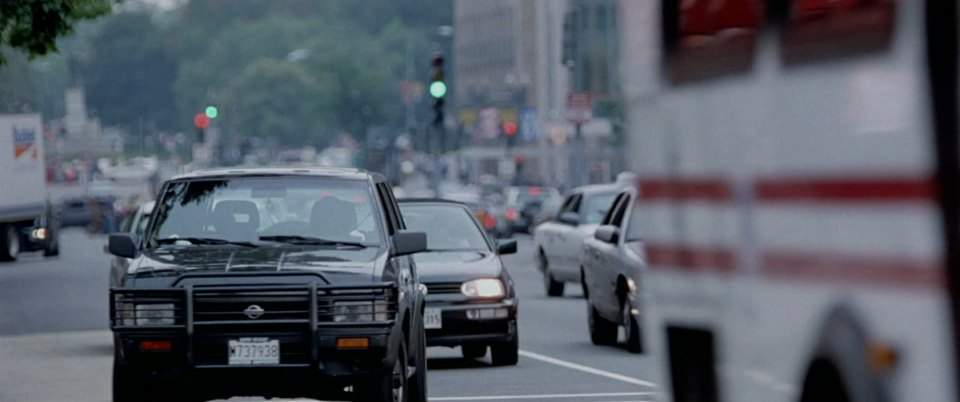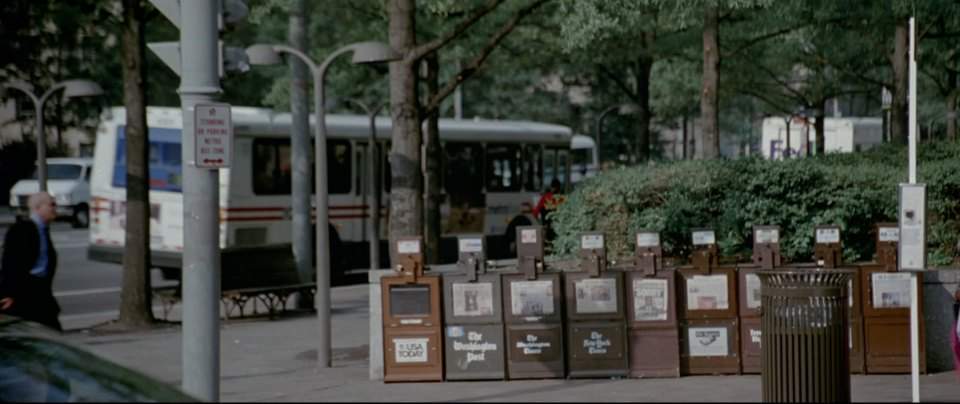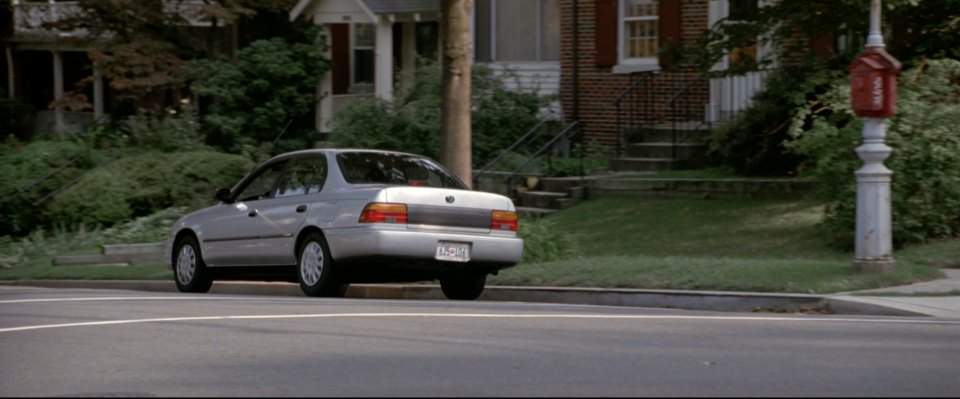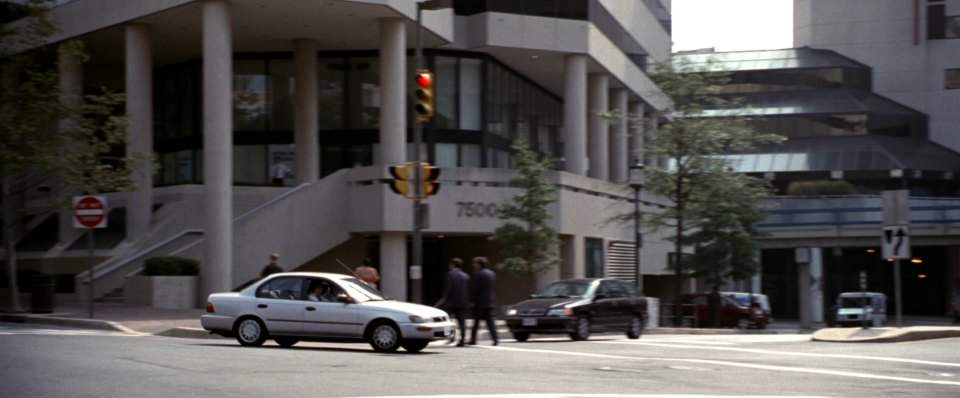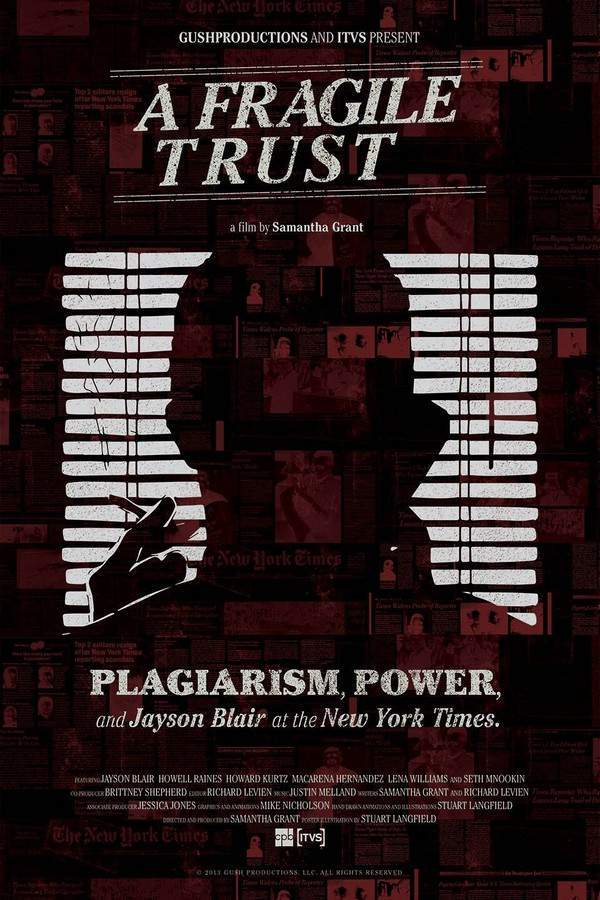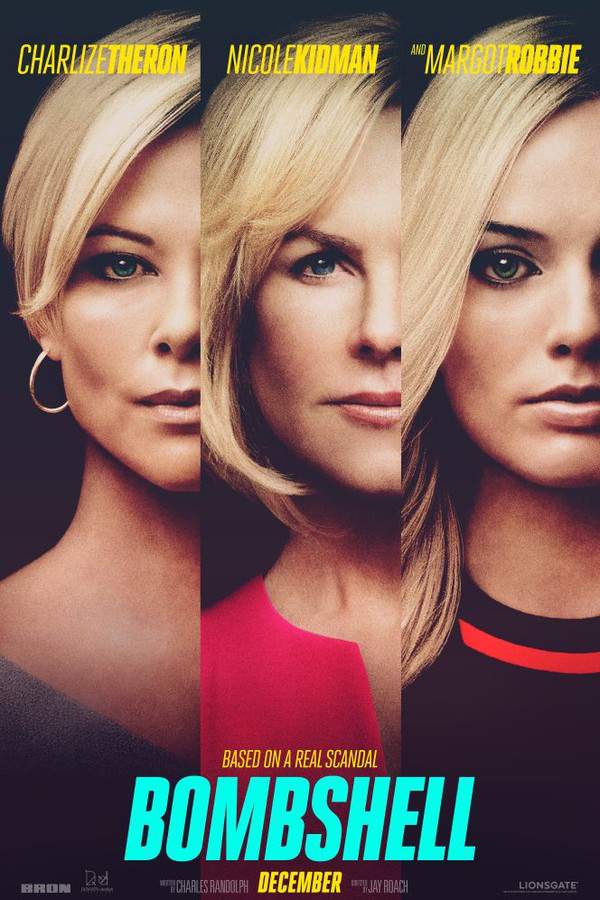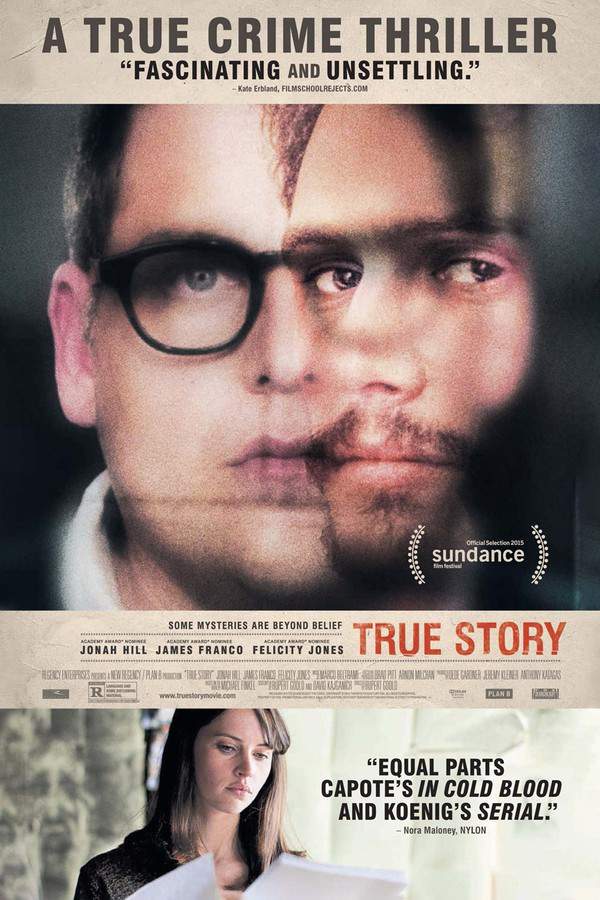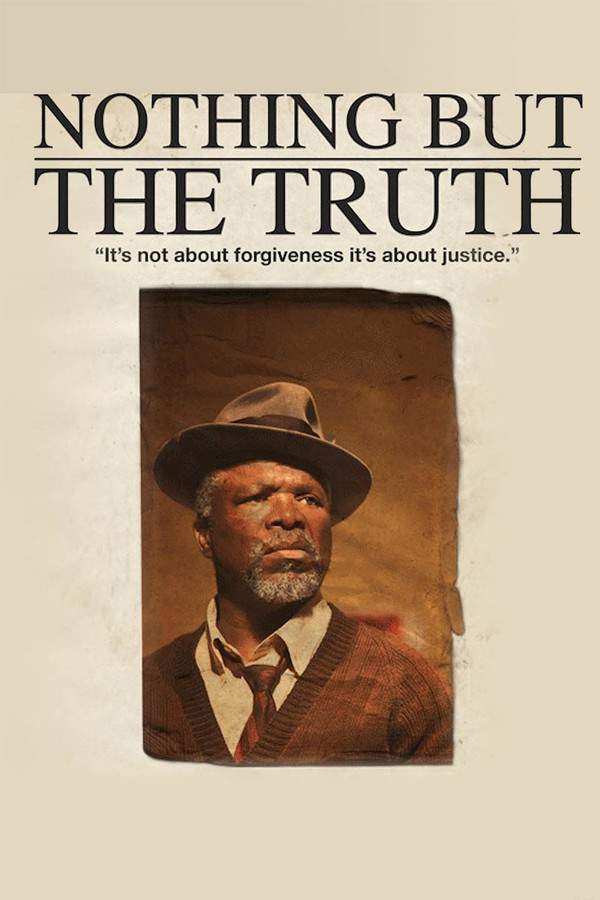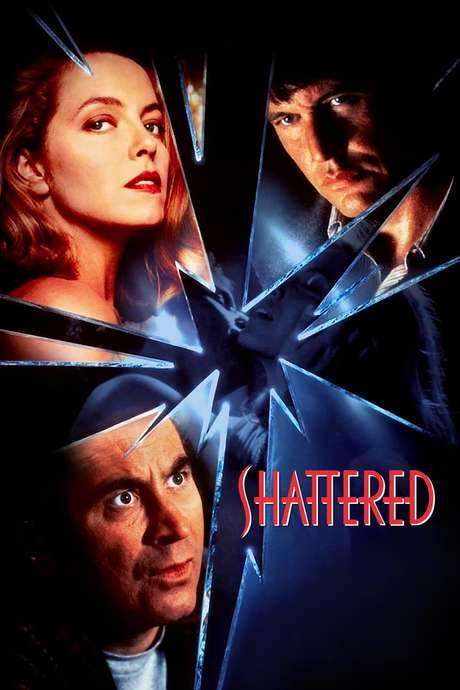Shattered Glass 2003
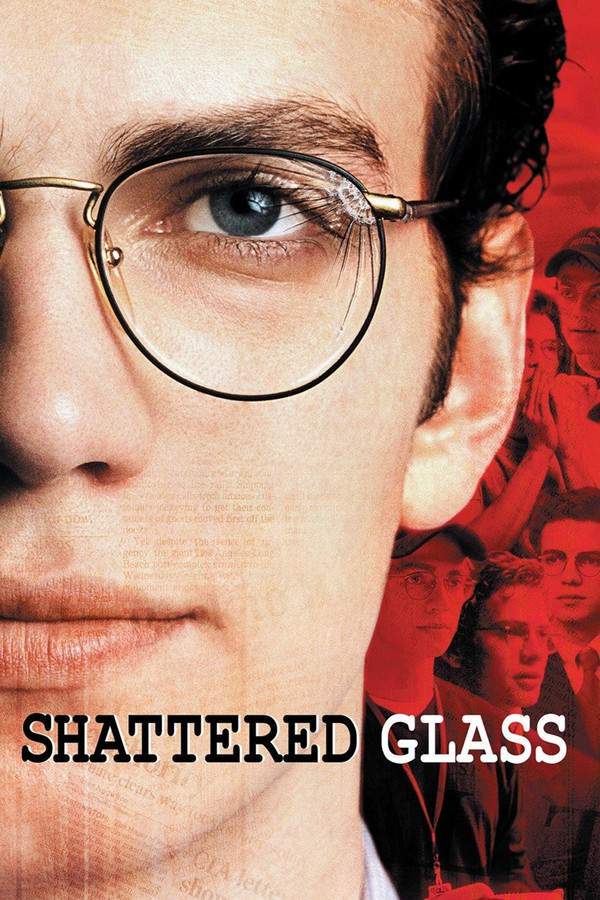
A young journalist's promising career takes a dark turn when it's revealed he's been fabricating stories for a prestigious magazine. Stephen Glass's inventive tales initially bring him widespread recognition, but a persistent colleague begins to investigate the inconsistencies in his work. As the truth unravels, Glass's reputation and carefully built persona crumble, exposing a complex story of ambition, insecurity, and the consequences of dishonesty.
Does Shattered Glass have end credit scenes?
No!
Shattered Glass does not have end credit scenes. You can leave when the credits roll.
Meet the Full Cast and Actors of Shattered Glass
Explore the complete cast of Shattered Glass, including both lead and supporting actors. Learn who plays each character, discover their past roles and achievements, and find out what makes this ensemble cast stand out in the world of film and television.
External Links and Streaming Options
Discover where to watch Shattered Glass online, including streaming platforms, rental options, and official sources. Compare reviews, ratings, and in-depth movie information across sites like IMDb, TMDb, Wikipedia or Rotten Tomatoes.
Ratings and Reviews for Shattered Glass
See how Shattered Glass is rated across major platforms like IMDb, Metacritic, and TMDb. Compare audience scores and critic reviews to understand where Shattered Glass stands among top-rated movies in its genre.

73
Metascore
7.6
User Score


%
TOMATOMETER

0%
User Score

7.1 /10
IMDb Rating

70
%
User Score
Take the Ultimate Shattered Glass Movie Quiz
Challenge your knowledge of Shattered Glass with this fun and interactive movie quiz. Test yourself on key plot points, iconic characters, hidden details, and memorable moments to see how well you really know the film.
Shattered Glass Quiz: Test your knowledge on the gripping true story of Stephen Glass and the world of journalism as depicted in 'Shattered Glass'.
Who plays the role of Stephen Glass in the film?
Hayden Christensen
Peter Sarsgaard
Steve Zahn
Chloë Sevigny
Show hint
Awards & Nominations for Shattered Glass
Discover all the awards and nominations received by Shattered Glass, from Oscars to film festival honors. Learn how Shattered Glass and its cast and crew have been recognized by critics and the industry alike.
61st Golden Globe Awards 2004

Best Supporting Performance in a Motion Picture – Drama, Musical or Comedy (Actor)
Peter Sarsgaard19th Independent Spirit Awards 2004
Best Feature
Best Screenplay
Best Cinematography
Full Plot Summary and Ending Explained for Shattered Glass
Read the complete plot summary of Shattered Glass, including all major events, twists, and the full ending explained in detail. Explore key characters, themes, hidden meanings, and everything you need to understand the story from beginning to end.
It revolves around Stephen Glass, played by Hayden Christensen, who is notably the youngest journalist at The New Republic. This esteemed newspaper boasts a readership that includes influential figures within the political landscape of Washington, along with a luxury of being the only publication aboard the presidential plane. As the narrative unfolds, we gain insight into the dynamics of the editorial office where Stephen’s direct supervisor, Michael Kelly, pushes for rigorous verification of details, emphasizing the importance of substantiated facts through firsthand notes.
Things take a turn for Stephen during a debacle concerning an article he wrote about a Republican youth convention, in which he claimed attendees were inebriated and hired a prostitute. The situation escalates when the hotel manager disputes his assertions, revealing that the rooms lacked any refreshments. Initially, Stephen defends his story, asserting he mistakenly assumed the presence of mini spirit bottles indicated there was a mini-bar. He expresses remorse and offers to resign if Kelly deems it necessary, yet Kelly is not inclined to pursue that route.
Stephen’s romantic interest, Caitlin Avey, portrayed by Chloë Sevigny, also works as a journalist at the same newspaper. She grapples with mixed feelings regarding Stephen’s burgeoning success, occasionally harboring jealousy. Stephen’s freelance work draws attention as he contributes articles to other publications, including Rolling Stone, where his unique, humorous, and investigative writing style sets him apart. Furthermore, Caitlin worries about his decision to begin law studies, which he believes is a more respected career path. In their disagreement, Stephen lays blame on his parents for championing the law profession as the pinnacle of success.
The plot thickens when Kelly is dismissed from his position, and Charles “Chuck” Lane, played by Peter Sarsgaard, steps in as the new editor. Among Stephen’s notable successes is a sensational story about software companies vying to protect themselves from hackers. In a vivid recollection at a press meeting, he recalls how a hacker was paid one million dollars to enhance a company’s security, dramatically exclaiming, > “Show me the money, show me the money.” It’s a story that captivates his peers, leaving them in awe of his knack for uncovering fascinating characters and situations.
Meanwhile, Adam Penenberg, portrayed by Steve Zahn, who is responsible for the high-tech content of Forbes internet magazine, faces criticism for having missed such a breakthrough story. Driven to uncover the truth behind Stephen’s reporting, Adam begins an investigation, soon discovering discrepancies that lead him to question the validity of Stephen’s claims. In a moment of desperation, Stephen fabricates a website to validate his story but inadvertently restricts access to it, raising further suspicions.
As more inconsistencies surface, Caitlin stands by Stephen, yet she gradually starts to recognize the troubling signs. Chuck’s investigation soon leads him to reveal irrefutable evidence of Stephen’s fabrications, forcing Stephen into a corner as he struggles to maintain his innocence. As he faces the consequences of his actions, the strain on Chuck escalates, prompting him to reassess Stephen’s past contributions at The New Republic. Despite Caitlin’s loyalty, she realizes that the allure of Stephen’s charm has clouded their judgment.
Ultimately, the revelation prompts the magazine to retract numerous articles authored by Stephen, acknowledging the myriad of falsehoods within his work. The film wraps up with mention of the fates of its key players: Caitlin continues her journalistic journey, Stephen withdraws to focus on law school without commenting on the film, and Adam’s investigation gains recognition as the first significant breakthrough for internet journalism.
Uncover the Details: Timeline, Characters, Themes, and Beyond!

Coming soon on iOS and Android
The Plot Explained Mobile App
From blockbusters to hidden gems — dive into movie stories anytime, anywhere. Save your favorites, discover plots faster, and never miss a twist again.
Sign up to be the first to know when we launch. Your email stays private — always.
Watch Trailers, Clips & Behind-the-Scenes for Shattered Glass
Watch official trailers, exclusive clips, cast interviews, and behind-the-scenes footage from Shattered Glass. Dive deeper into the making of the film, its standout moments, and key production insights.
Cars Featured in Shattered Glass
Explore all cars featured in Shattered Glass, including their makes, models, scenes they appear in, and their significance to the plot. A must-read for car enthusiasts and movie buffs alike.
Shattered Glass Themes and Keywords
Discover the central themes, ideas, and keywords that define the movie’s story, tone, and message. Analyze the film’s deeper meanings, genre influences, and recurring concepts.
Shattered Glass Other Names and Titles
Explore the various alternative titles, translations, and other names used for Shattered Glass across different regions and languages. Understand how the film is marketed and recognized worldwide.
Similar Movies To Shattered Glass You Should Know About
Browse a curated list of movies similar in genre, tone, characters, or story structure. Discover new titles like the one you're watching, perfect for fans of related plots, vibes, or cinematic styles.
Quick Links: Summary, Cast, Ratings, More

What's After the Movie?
Not sure whether to stay after the credits? Find out!
Explore Our Movie Platform
New Movie Releases (2025)
Famous Movie Actors
Top Film Production Studios
Movie Plot Summaries & Endings
Major Movie Awards & Winners
Best Concert Films & Music Documentaries
Movie Collections and Curated Lists
© 2025 What's After the Movie. All rights reserved.


